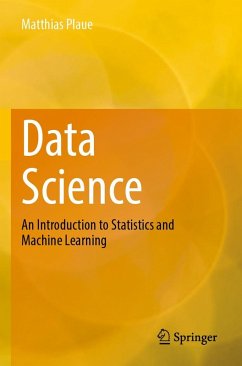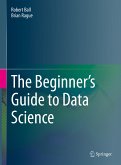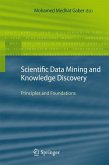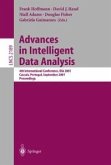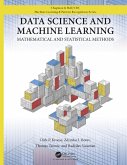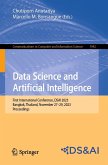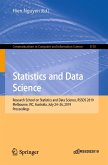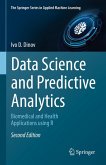Data science is the discipline of transforming data into valuable insights. It helps you understand and predict complex and uncertain phenomena, from pandemics to economics. It also drives many influential technologies today, such as web search, image recognition, and AI assistants. This textbook covers the mathematical foundations and core topics of data science in a comprehensive and rigorous way, including data modeling, statistics, probability, and machine learning. You will learn essential tools, like clustering, dimensionality reduction, and neural networks, as well as how to use them to solve real-world problems with actual datasets and exercises. This book is suitable for professionals, students, and instructors who want to master the theory of data science and explore its applications across various domains. The book requires some prior knowledge of calculus and linear algebra but provides a quick review of these topics in the appendix. Aboutthe author Matthias Plaue is a versatile researcher with a background in mathematical physics. He has explored diverse domains, spanning from relativity theory to pedestrian dynamics. As a data scientist, he develops algorithms for data analysis and artificial intelligence, tailored to support strategic decision-making. In addition to his professional pursuits, he has devoted considerable time to mentoring students, imparting a deep understanding of mathematics and its practical application in tackling complex problems across the fields of science, technology, and engineering.
Dieser Download kann aus rechtlichen Gründen nur mit Rechnungsadresse in A, B, BG, CY, CZ, D, DK, EW, E, FIN, F, GR, HR, H, IRL, I, LT, L, LR, M, NL, PL, P, R, S, SLO, SK ausgeliefert werden.

